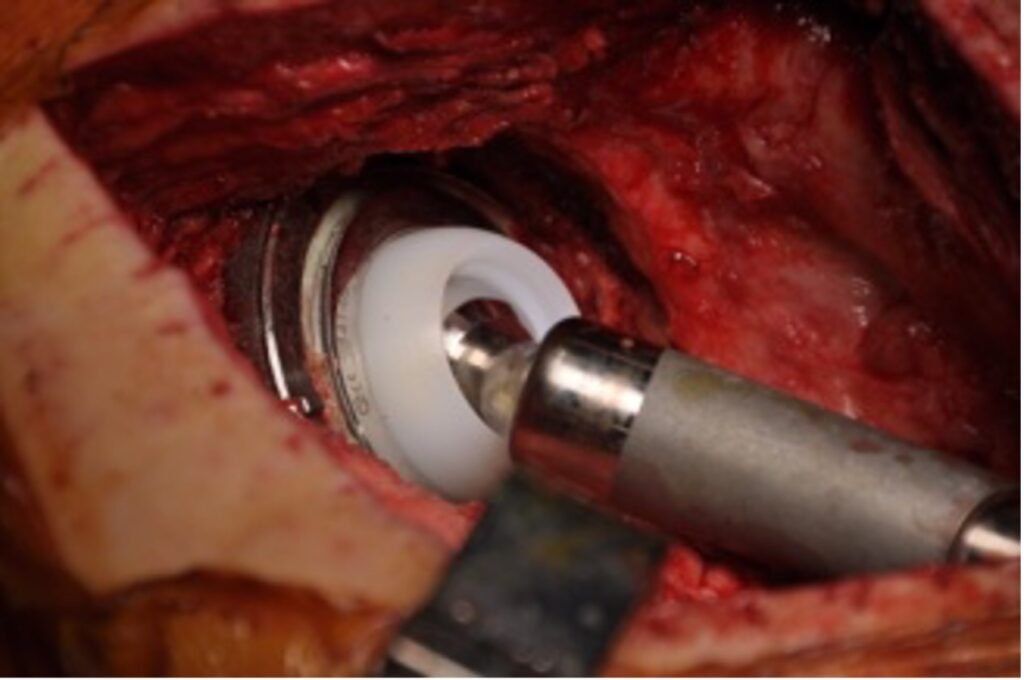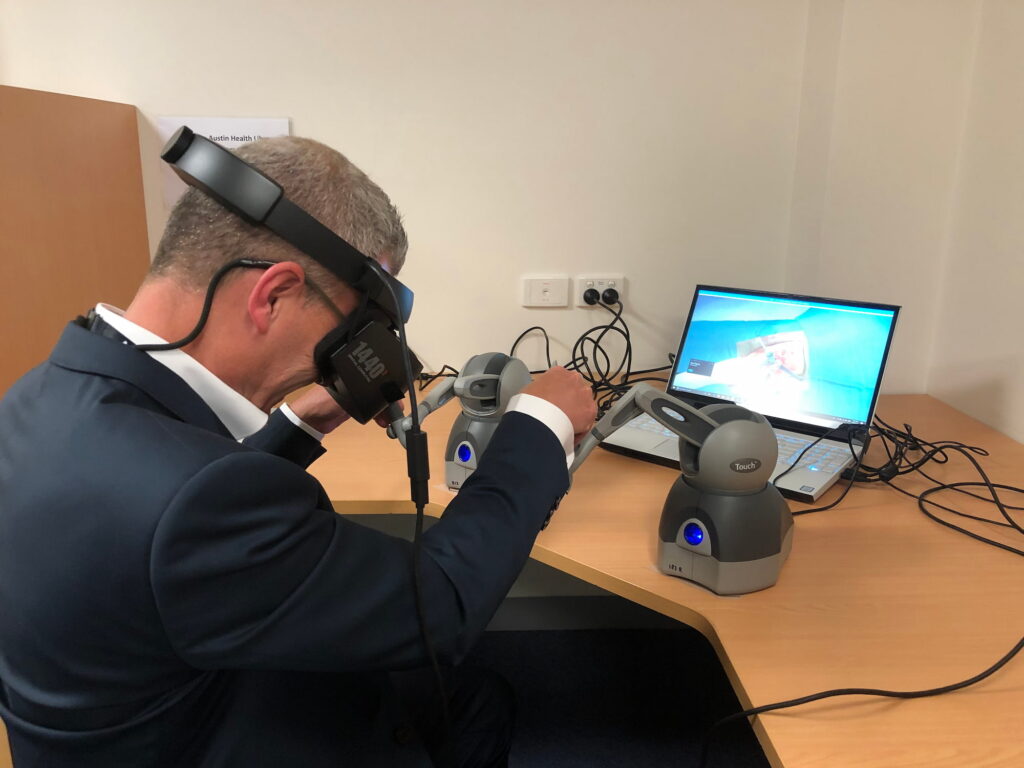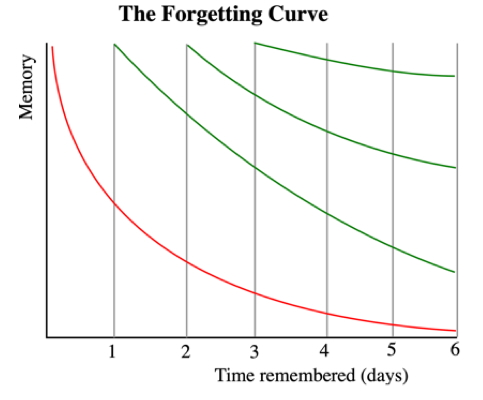Effects of pre-operative isolation on postoperative pulmonary complications after elective surgery: an international prospective cohort study
Authors: CovidSurg Collaborative, GlobalSurg Collaborative
Site: Barwon Health, VIC
During the pandemic, Dr Lambers joined an international research team called CovidSurg, contributing cases for worldwide comparison and analysis examining topics such as leg clots, vaccine effectiveness and safe timing of operations.
This particular study by the group investigates whether pre-operative isolation reduces the risk of postoperative lung problems, particularly in the context of Covid-19. The research stems from concerns over the heightened risk of pulmonary issues and mortality associated with Covid-19 infections around the time of having surgery. Proposed strategies for safer surgeries include Covid-19-free surgical pathways, pre-operative testing, and delaying surgeries for infected patients. However, despite vaccination efforts, these measures remain relevant due to challenges like emerging variants and unequal vaccine distribution.
The study assessed patients undergoing elective surgery across multiple hospitals worldwide during a defined period in 2020. Pre-operative isolation was defined as limiting social contacts before surgery. Patients were categorised by isolation duration: up to 3 days, 4–7 days, or 8+ days. Data collected included demographics, comorbidities, surgical details, and local Covid-19 prevalence. Outcomes measured were pulmonary complications, mortality, and Covid-19 infections within 30 days post-surgery.
Interestingly, isolating for Covid-19 before surgery did not decrease lung problems after surgery and in fact the study found that isolating for longer than 3 days can be harmful. This highlights the importance of further research to determine optimal isolation practices and their global applicability. This evidence could guide more effective policies, balancing safety with minimising patient burdens.




